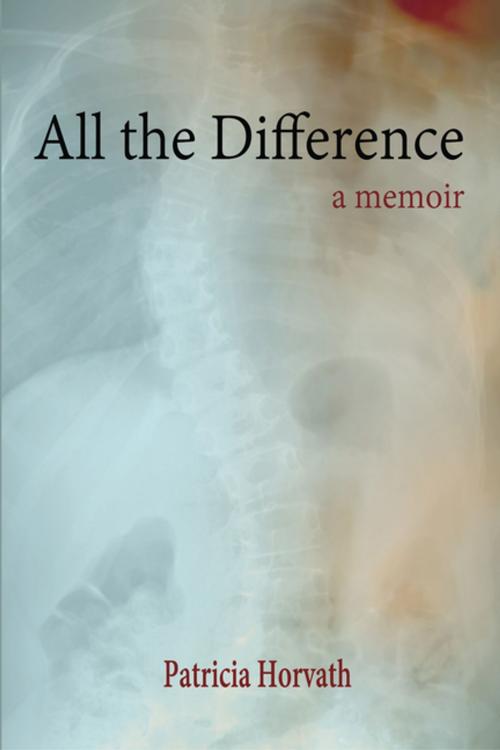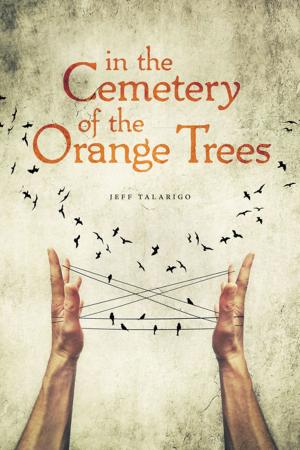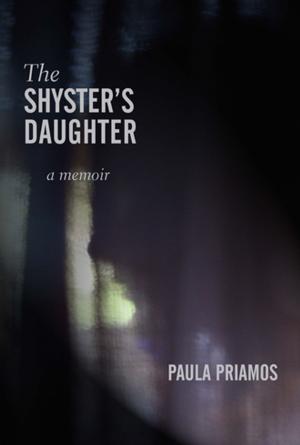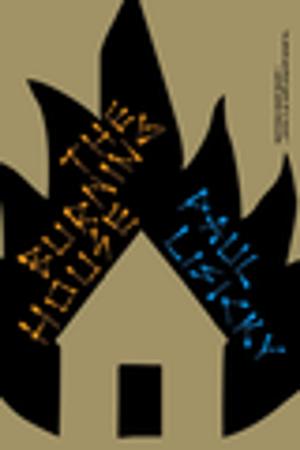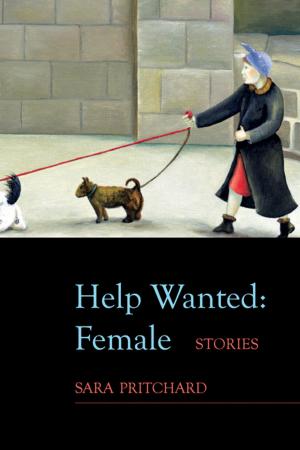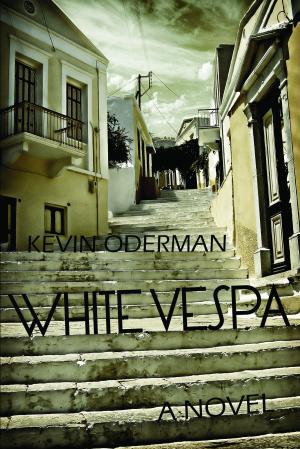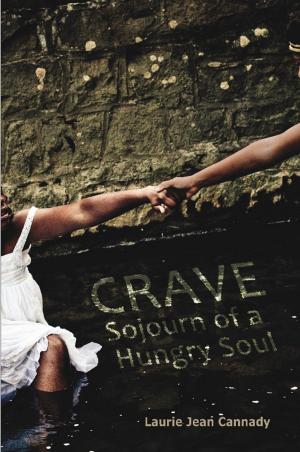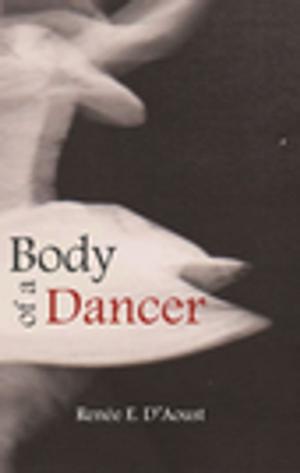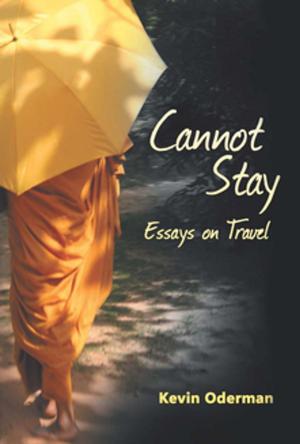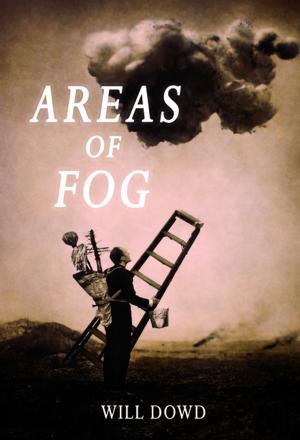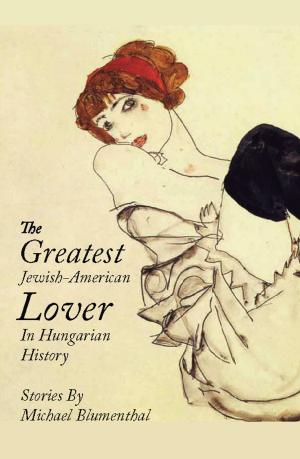All the Difference
Nonfiction, Religion & Spirituality, New Age, Mental & Spiritual Healing, Health & Well Being, Self Help, Self Improvement, Success, Biography & Memoir| Author: | Patricia Horvath | ISBN: | 9780997745573 |
| Publisher: | Etruscan Press | Publication: | July 24, 2017 |
| Imprint: | Etruscan Press | Language: | English |
| Author: | Patricia Horvath |
| ISBN: | 9780997745573 |
| Publisher: | Etruscan Press |
| Publication: | July 24, 2017 |
| Imprint: | Etruscan Press |
| Language: | English |
The book originated from the author's reaction to a diagnosis of osteoporosis while she was in her thirties. She felt that her body had once again betrayed her, and the diagnosis re-opened many submerged feelings she had about her spinal fusion and bracing from her adolescent years. The impetus for much of Horvath's writing is two-pronged: vexation and inquiry. That is, if something is bothering her, she needs to understand why. The “something” in this case was her body, and the need to understand her complex relationship to it is the source of this book.
The author worked on this book for about five years. Her research involved digging up her old medical records and researching the long-term repercussions of scoliosis as well as the relationship between scoliosis and osteoporosis. She also looked into some of the literature concerning notions of physical “transformation”—folk tales, fairy tales, mythology. Because some of that research has made its way into my this memoir, their is a strong sense of identify for readers to connect with.
This will particularly appeal to people interested in disability studies, memoirs generally, and feminist issues, and so connecting with university women’s studies and disability studies programs.
The book originated from the author's reaction to a diagnosis of osteoporosis while she was in her thirties. She felt that her body had once again betrayed her, and the diagnosis re-opened many submerged feelings she had about her spinal fusion and bracing from her adolescent years. The impetus for much of Horvath's writing is two-pronged: vexation and inquiry. That is, if something is bothering her, she needs to understand why. The “something” in this case was her body, and the need to understand her complex relationship to it is the source of this book.
The author worked on this book for about five years. Her research involved digging up her old medical records and researching the long-term repercussions of scoliosis as well as the relationship between scoliosis and osteoporosis. She also looked into some of the literature concerning notions of physical “transformation”—folk tales, fairy tales, mythology. Because some of that research has made its way into my this memoir, their is a strong sense of identify for readers to connect with.
This will particularly appeal to people interested in disability studies, memoirs generally, and feminist issues, and so connecting with university women’s studies and disability studies programs.
